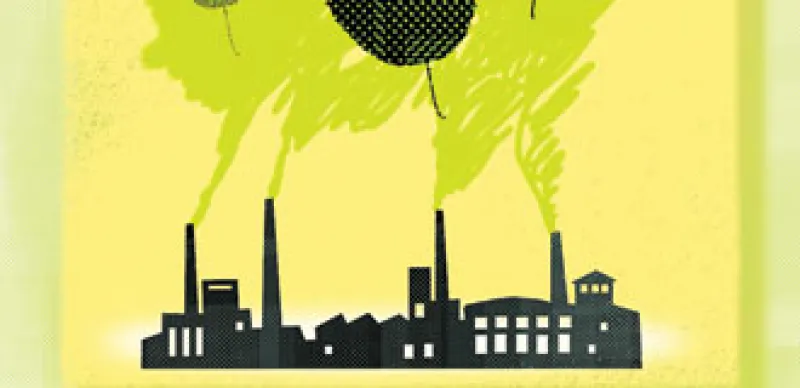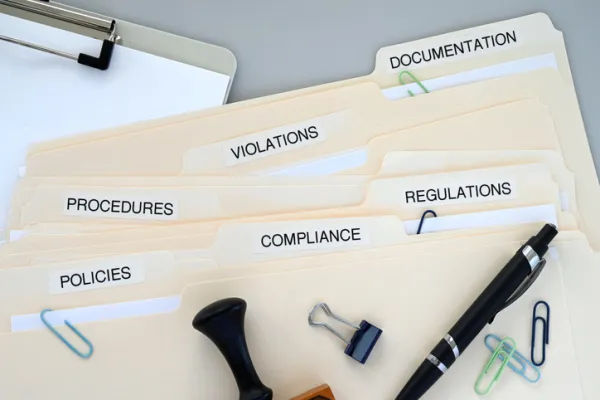As a U.S. cap-and-trade system moves closer to taking shape, carbon traders are wondering if their profitable strategies that exploit the inefficiencies existing today will continue to pay off under a federally regulated system.
“It’s not the most well-developed market, and that’s something we love about it,” says Brett Hellerman, co-founder and CEO of $500 million alternative-asset management firm Wood Creek Capital Management, in New Haven, Connecticut.
Regulated schemes for trading greenhouse gas emissions have already been implemented in some regions around the world, including Europe and Australia. The European Union Greenhouse Gas Emission Trading Scheme (EU ETS), which has been in place since January 2005, caps the amount of carbon dioxide that large power plants and factories can emit. If a carbon producer manages to stay under the limit, it earns carbon credits, which it can then sell to those who have gone over the cap.
The U.S. has dipped its toe into cap-and-trade — the country is speckled with a patchwork of voluntary systems (the Chicago Climate Exchange) and regional schemes (the Regional Greenhouse Gas Initiative) that are similar to the EU ETS. The absence of a federally regulated system in the U.S. gives rise to political uncertainty, which adds to the volatility of carbon prices and creates gaps in the pricing of carbon credits from area to area and exchange to exchange.
The result? The U.S. carbon market is wildly inefficient, and savvy traders have been quick to exploit the gaps, pocketing windfalls in the process. Hellerman, who co-founded New York hedge fund Clinton Group in 1991 and started Wood Creek in 2005, says this inefficiency is its main allure. “We’re treating it like a new commodities market and being very opportunistic about relative-value trades,” he says — in other words, mining carbon’s volatility and mispricings for profit.
The attraction is evident. In 2008, when competitors were deep in the red, Wood Creek’s $15 million carbon portfolio earned 12.5 percent. (The firm’s overall returns were down 7 percent last year.)
Here’s how it works: Wood Creek finds a counterparty, say a dairy farmer with 10,000 cattle in Arizona, and presents him or her with an opportunity. The firm will pay the farmer to contain its manure pits and dispose of the methane gas they produce; in exchange, Wood Creek gets the carbon credits earned in the process.
Once the credits are on Wood Creek’s books, it uses regular commodities-trading strategies to take advantage of carbon’s volatility and price imbalances. For example, in October 2007 the firm used forward contracts to sell buyers the right to generate 1 million tons of carbon in 2009 and 2010 at a rate of $2.50 a ton. Wood Creek then bought 1 million tons of U.S. carbon at $1.85 a ton on the Chicago Climate Exchange — locking in an immediate profit on the arbitrage trade. The firm has also made money from mispricings by buying carbon from one region or carbon exchange and selling it elsewhere in the U.S. at a higher price.
But will those inefficiencies disappear under a federal cap-and-trade system, already outlined in the American Clean Energy and Security Act of 2009, passed by the House of Representatives in June and now moving to the Senate?
Hellerman says if his firm is nimble, it can profit under federal regulations — but the party won’t last: “Once the regime is in place and they’re trading thousands of contracts a day on the Chicago Climate Exchange and your grandmother knows how to price a carbon derivative, we’ll hopefully be getting out of this space.”
Others say the inefficiencies will remain no matter what Washington decides. “Even if you look at commodities that have traded for ages in very liquid and transparent markets, there are still a lot of great trading opportunities,” says Donald Reed, New York–based director of climate change and sustainability practices at PricewaterhouseCoopers. As U.S. senators prepare to debate the issue, carbon traders like Hellerman will be watching.






